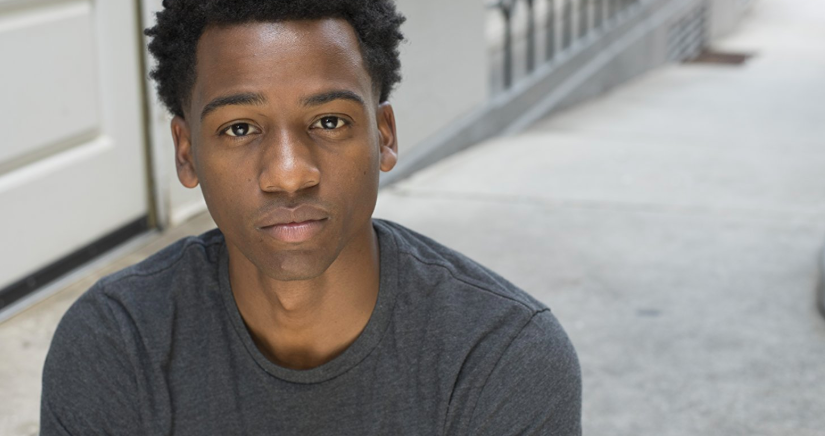To be black American is to be at once deeply rooted in and wholly disconnected from the continent of Africa. For first generation black Americans whose parents immigrated to the States from places like Nigeria, Ghana and Senegal, it can feel even more disconcerting. There is an understanding of the culture and the language, yet there is still a sense of division-- even among family. In 2017, writer/director Faraday Okoro received a $1 million grant from the inaugural AT&T’s Untold Stories program to produce his film Nigerian Prince. Set on the bustling streets of Lagos, Nigeria, Nigerian Prince follows Eze (portrayed by Antonio J. Bell), a sullen and internet addicted American teen who is shipped off to his parents' homeland after acting out at school. Evocative of The Fresh Prince of Bel-Air in an alternative universe, Eze finds himself adrift and under the care of his fearsome and determined Aunt Grace (Tina Mba). Determined to return home, Eze teams up with his captivating cousin Pius (newcomer Chinaza Uche), who just happens to be one of Lagos’ biggest con-artists.
For Bell, Nigerian Prince was a way to embrace his heritage and to stretch within his craft. “Funny enough, it was just like any other part," Bell said of his feature lead debut. "I auditioned for it. It was actually a busy week; I had like four or five other auditions on the same day. I was like, ‘I'm not getting this one.’ I’m not Nigerian; I’d never been anywhere near Africa. But I read for it, and I heard back like three days later and got a callback. Then I got another, and I spoke to Faraday and everybody, and I was signed onto the contract. It was really crazy."
Though family, connections and the true meaning of home are central themes in this humorous but intense film, scheming remains central. In Nigerian Prince, Prius has his hands in way more than a simple email scam. I asked Bell if he’d heard of the Nigerian prince emails or if he’d ever fallen victim to one. “Well it's funny because the year before I was buying an iPad for my daughter," he said laughing. “And there was a PayPal thing ... I was trying to pay somebody, but there was no PayPal account or website. It was like some kind of knockoff one from Africa. It was weird, nothing added up. When I figured out it wasn't real, I called PayPal. So I was aware of it loosely, but I didn't know what they were called before we did the movie."
Continue reading at Shadow and Act.

